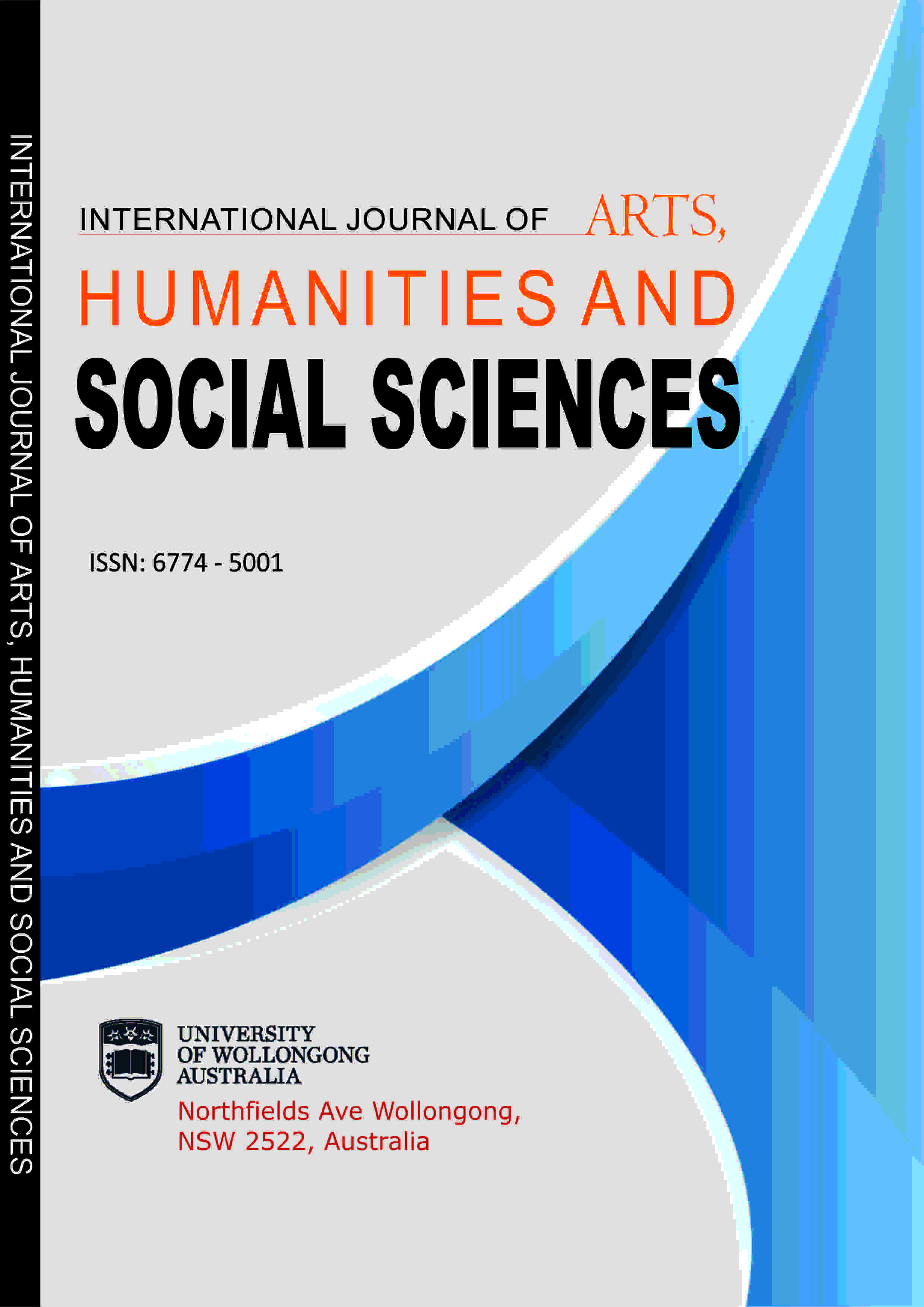INTERNATIONAL JOURNAL OF ARTS, HUMANITIES AND SOCIAL SCIENCES (IJAHSS)
SPACES, PLACES AND DISPLACEMENT IN JABULANI MNGADI’S NOVEL, ASIKHO NDAWOBAKITHI
E-ISSN: 2579-048X
P-ISSN: 6774-5001
DOI: https://iigdpublishers.com/journals/196
Mngadi’s novel Asikho Ndawo Bakithi (1996) is a depiction of the South African struggle towards nationalism, the contradictions that characterise it and the ambivalent nature of freedom. Based on the postcolonial concepts of dislocation and displacement and anchored on the textual approach, this article argues that the novelist uses places and spaces as an index to the state of the South African nation, particularly the natives, before and after attaining its freedom in 1994. The article also argues that, because of spaces and places, the natives are narrativised as neither belonging here nor there, and as foreigners in their own land. It also asserts that dislocation and displacement beget fertile grounds for alienation, and the multiplication of contradictory and hybrid identities. After a brief introduction, the article defines some of the key concepts before it discusses them in relation to the mentioned novel.
Edm Sibiya
Achebe, C. (1958). Things Fall Apart. Portsmouth: Heinemann.
Ashcroft, B., Griffiths, G. & Tiffin, H. (2013). Postcolonial Studies: The Key Concepts Third Edition. London: Routledge.
Encyclopaedia Britannica (2018). Online. https://www.britannica.com/. Accessed on 1 August 2023.Du
Bois, W.E.B. (1903). The Souls of Black Folk. Chicago: A.C. MacLurg & Co.
Loomba, A. (2002). Shakespeare, Race, and Colonialism. London: Routledge.
Loomba, A. (2015). Colonialism/Postcolonialism Third Edition. London: Routledge.
